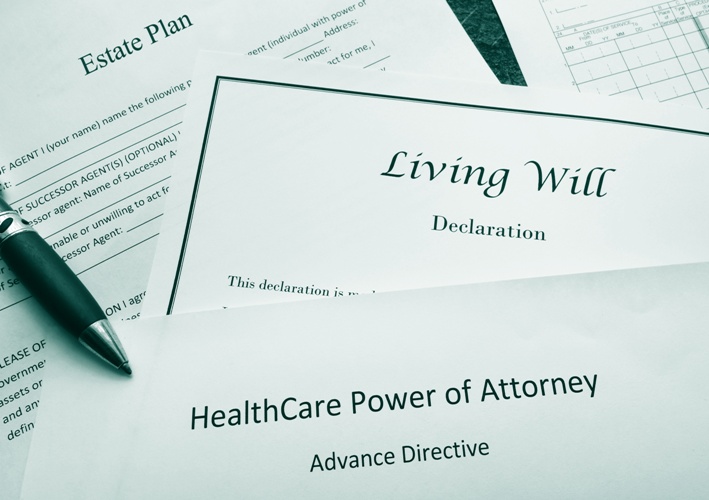If you have begun creating your estate plan, you may feel as if a weight has been lifted from your shoulders. Many people who have been avoiding making a will find that completing the task gives them great peace of mind. However, what you may not realize is that a will isn’t the end of your estate plan—it’s just the beginning.
The “Core Four” Documents to Include in Your Estate Plan
A will is a great first step in planning for the inevitable, but it is limited in the amount and scope of protection it provides. That is why it is just one of the Core Four documents that form the basis of a comprehensive estate plan.
The Core Four are:
- Last Will and Testament. A properly executed will allows you to decide who will receive your property and assets and appoint a legal guardian for your minor children. However, it only dictates what will happen to your estate after your passing—not what should happen to you if you are incapacitated.
- Health Care Power of Attorney. Also called a Designation of Health Care Surrogate in Florida, this document names the person who has the power to make decisions for you if you become incapacitated. This decision should be made very carefully, and offer alternates in case the first person listed is unable to serve.
- Living Will. A Living Will, also known as a Healthcare Directive, outlines your wishes for medical care if you cannot make decisions for yourself. It includes instructions for removal of life support, lifesaving measures (such as resuscitation), or whether you would want hydration or nutrition. Your health care power of attorney should use this document as a guide when making decisions about your end-of-life care.
- Financial Power of Attorney. This document names an agent to handle financial matters on your behalf, such as paying bills, accessing bank accounts, or even buying or selling real estate. Unlike other states, financial powers of attorney in Florida are effective immediately upon signing, whether or not the principal has become incapacitated.
Of course, you may need more than these four documents. If you have multiple properties, high net worth, or want to avoid probate proceedings, you may need a trust to protect certain assets. You should talk to an experienced estate planning attorney to fully customize your estate plan to your specific needs.
At Yolofsky Law, we don’t just draft documents. We ensure you make informed and empowered decisions about life and death, both for yourself and the people you love. As your Personal Family Lawyer®, we can help you articulate your wishes for your future care and legally protect your loved ones and finances for years to come. Give us a call today to discuss your options with our trusted advisors.

